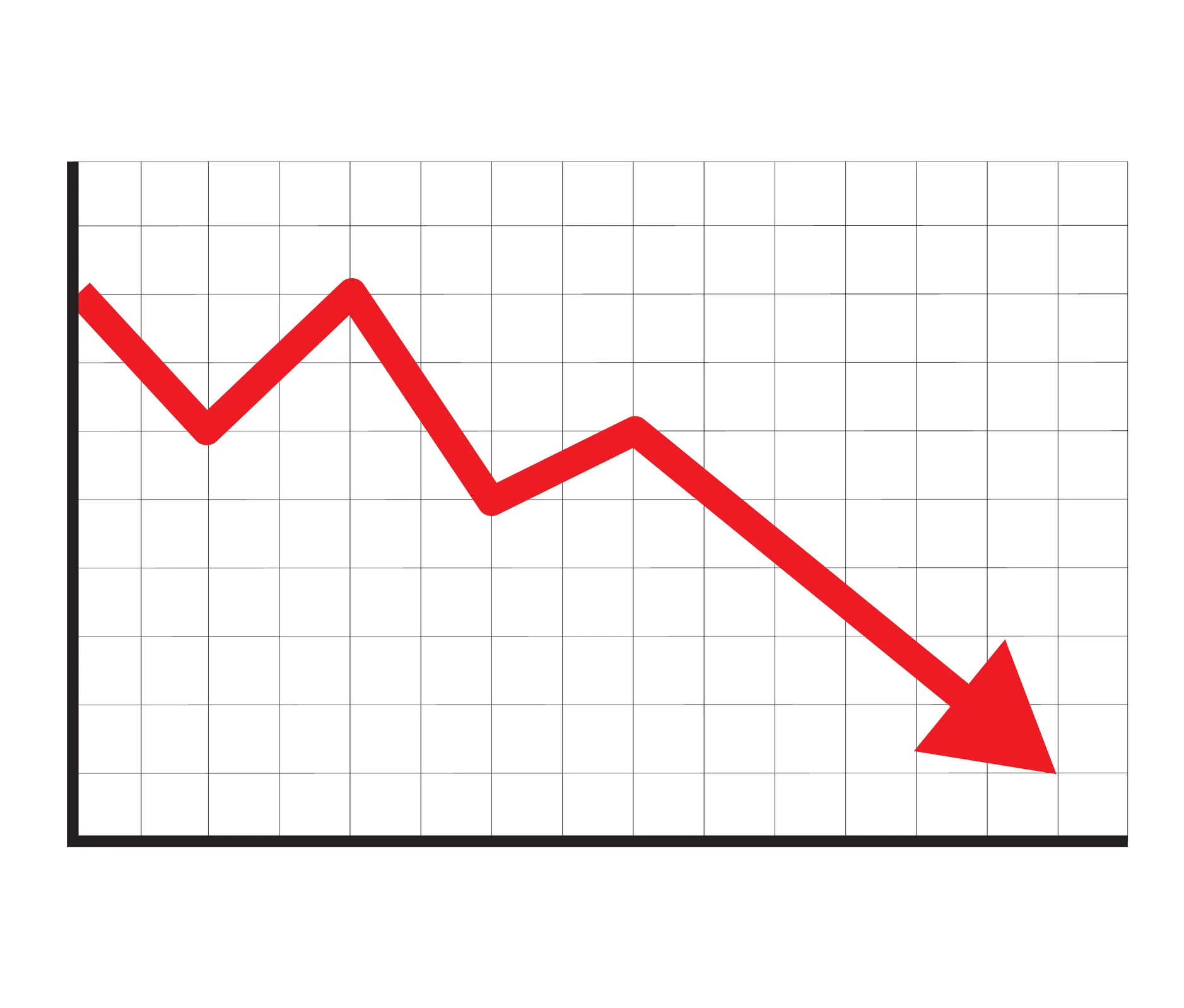Taxi operators unhappy after odd-even rule is lifted only for mass transport vehicles

KATHMANDU: FEB. 1 – After widespread criticism from the public and health experts, the Kathmandu Valley’s three district administration offices on Friday decided to lift the odd-even number plate rule for public transport vehicles including buses, microbuses and three-wheelers.
But taxi cabs were not exempted. The taxi operators criticised the new decision as ‘biased’ and ‘unjustifiable’.
“This is total nonsense. The way our bureaucracy makes decisions is really frustrating. This odd-even number rule itself is impractical,” said 39-year-old Hema Ghising, who drives a taxi cab. Her cab’s number is even—Ba 2 Jha 1892—so she had to put the vehicle in the garage on Monday as it was the 17th of the Nepali month of Magh, an odd number date, and only vehicles with odd numbers were allowed on the road.
Ghising, a mother of three children who lives in a rented apartment at Shantinagar, Kathmandu, bought the taxi on a loan from a bank. “How will we pay our bank loans and survive if we are not allowed to work?” she asked. Not long ago, after the second wave of the coronavirus last year, did she sell her ornaments to clear the bank loan of Rs263,000.
“It took me five years to clear the loan and make this taxi mine and now they don’t allow us to work. Many taxi drivers are in debt and their conditions have been exacerbated by the pandemic-induced restrictions and lockdowns,” she said.
Ghising is just a case in point. According to the Meter Taxi Association, there are 12,500 taxi operators in Kathmandu Valley and many of them are struggling to pay their bank loans.
“Working-class people like us suffer the most from these stupid rules,” complained Ghising. “How wrong they are to think the virus does not spread in public vehicles! In fact, taxi cabs are safer because we are family vehicles so the infection risk is low,” she added.
This time when the government introduced the odd-even number rule in an attempt to stem the spread of Covid-19, public health experts had promptly opposed the plan saying fewer public vehicles would cause crowding in such vehicles and instead fuel infections. They proved right as public vehicles in the Capital were found carrying passengers more than their capacities and the government was forced to lift the rule for public vehicles.
In response to the concerns of Ghising and other taxi drivers, Kathmandu chief district Officer Govinda Prasad Rijal said the relaxation for public vehicles was made on the recommendation of the Covid-19 Crisis Management Coordination Center (CCMCC). He said they will come up with an appropriate decision soon after studying the virus situation.
“We are aware of the problems faced by taxi drivers but they should understand that the country is in a difficult situation,” said Rijal.
Arjun Prasad Gautam, the chairman of the Nepal Meter Taxi Association, meanwhile threatened protests if the authorities continued with the odd-even number plate rule. He urged the authorities to appreciate the contribution of taxis during the 2015 earthquakes and the past two waves of the Covid pandemic when taxis were used as ambulances.
“In Kathmandu Valley, there are just 500 to 600 ambulances which have proved inadequate for emergencies like the earthquake and the pandemic. Our taxis transported the earthquake injured and the Covid sick,” said Gautam.
The authorities should recognise our contribution and lift the ban immediately, he demanded. “Taxis are the safest means of transport during the pandemic.”
If the authorities do not heed the concerns then they should be prepared for protests by taxi cab operators, said Gautam.
This is not the first time taxi drivers have accused the government of not addressing their concerns. In the second week of January, when the Bagmati provincial Ministry of Labour, Employment and Transport revised the taxi fare after a gap of 10 years, they said the revision was inadequate.
Meanwhile, Covid continues to take its toll across the country. On Monday, Nepal reported 5,292 new coronavirus cases with eight Covid-related fatalities. According to the Health Ministry, the countrywide death toll has now reached 11,743 and the number of active cases stands at 79,272.
Of the total cases, 1,722 are from Kathmandu Valley—1,361 cases were confirmed in Kathmandu, 271 in Lalitpur and 90 in Bhaktapur.
-Kathmandu Post










